Uterus cancer, also known as uterine or endometrial cancer, is one of the most common cancers affecting women. It occurs when the cells in the lining of the uterus (the endometrium) start growing abnormally. Dr. Saurabh Phadnis, a leading expert in gynecological care, offers valuable insights to help you stay informed and take proactive steps toward managing this condition.

Uterus cancer, also known as uterine cancer, typically begins in the endometrium (the lining of the uterus), but it can also originate in the muscles or other parts of the uterus.
The most common type is endometrial cancer, which is primarily associated with abnormal cell growth in the uterine lining. Though it most often occurs after menopause, it can develop in women of any age, especially those with certain risk factors.
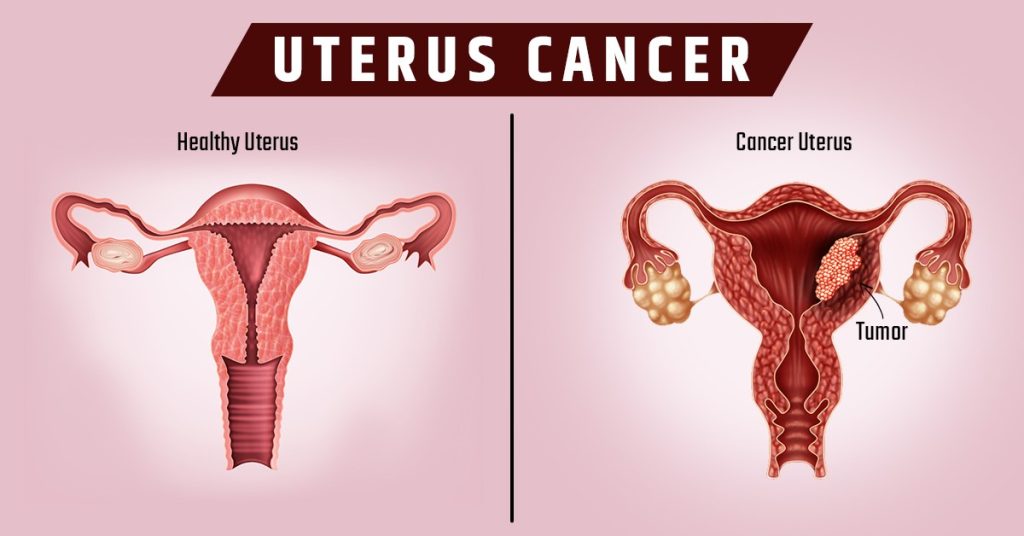
The exact cause of uterus cancer remains unknown, but several factors are known to increase the risk of developing the disease. The primary risk factors involve hormonal imbalances, particularly involving estrogen.
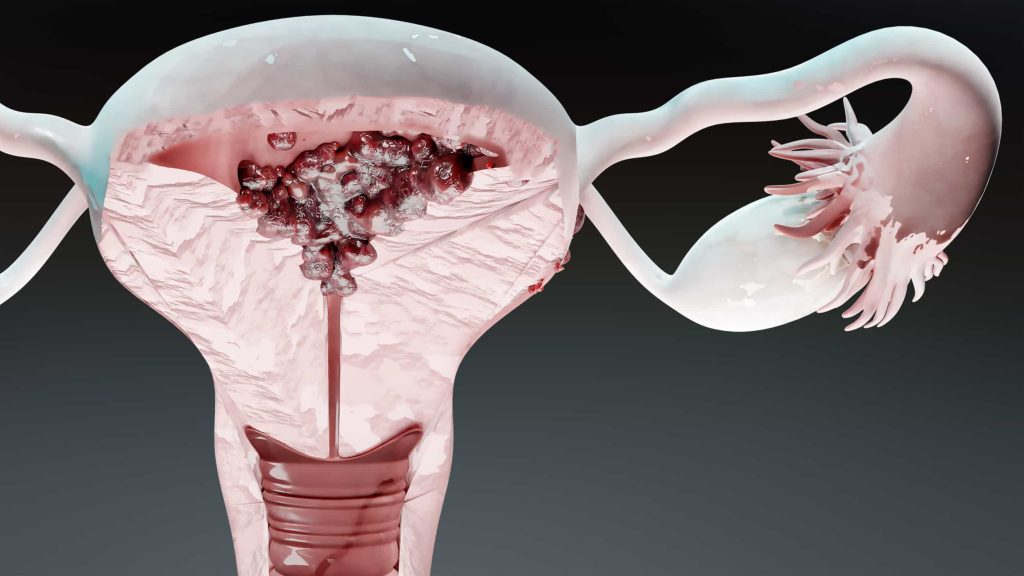
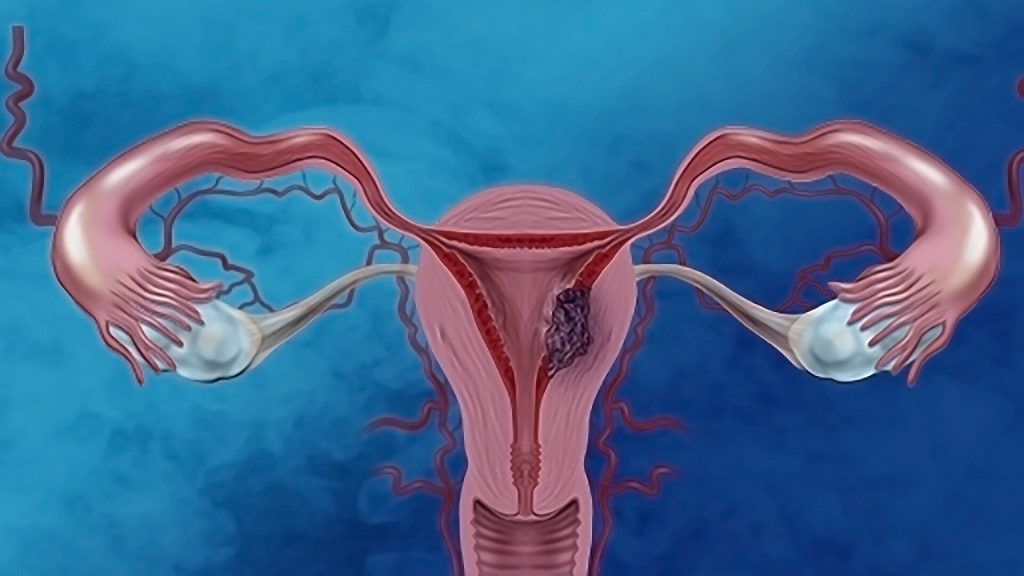
Recognizing the symptoms of uterus cancer early is crucial for effective treatment. The most common symptom is abnormal vaginal bleeding, particularly after menopause. However, other signs might also indicate the presence of the disease.
If you experience any of the symptoms mentioned above, especially abnormal bleeding, it’s important to seek medical attention.
A gynecologist or oncologist can use several methods to diagnose uterus cancer and determine the best course of action for treatment.

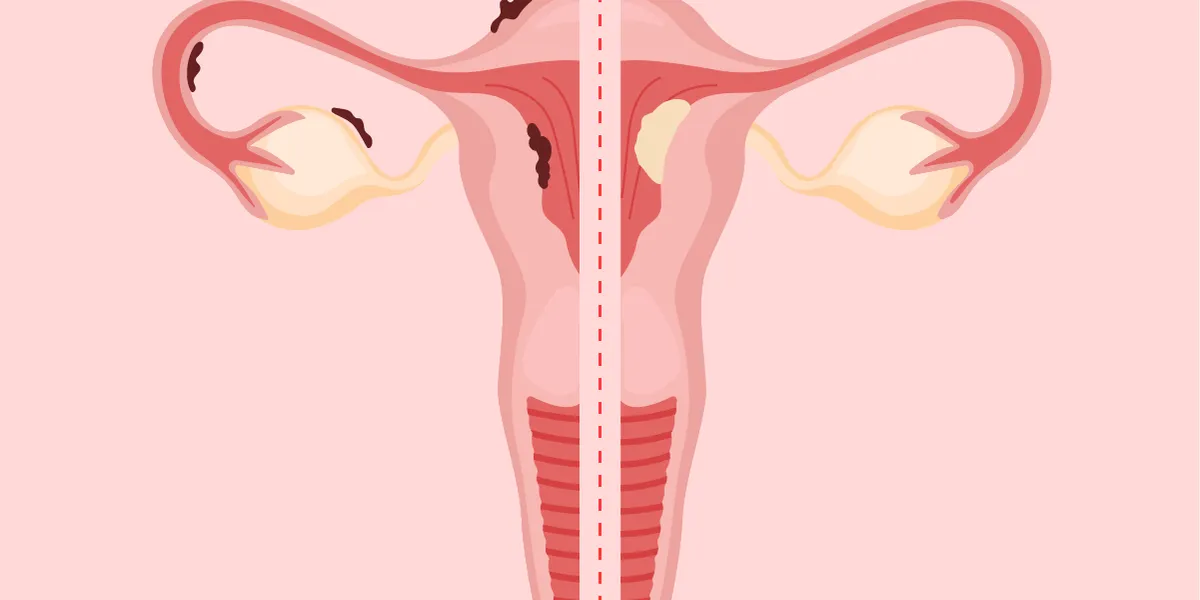
Treatment options aim to remove or destroy cancer cells while minimizing damage to surrounding healthy tissue.
While it is not possible to completely prevent uterus cancer, there are several lifestyle changes and preventive measures that may help reduce the risk of developing this condition.
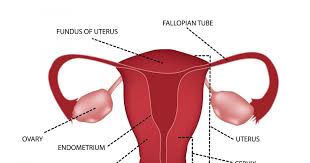

Understanding uterus cancer, its symptoms, causes, and risk factors is critical for early detection and successful treatment.
If you live in London and experience symptoms such as abnormal bleeding or pelvic pain, seeking guidance from a specialist like Dr. Saurabh Phadnis can provide you with the necessary information and support.
If you’re concerned about Uterus Cancer, private consultations are available with Dr. Saurabh Phadnis, leading Gynaecologist, Oncologist, Surgeon, and Co-Lead Colposcopist based in London; specialising in gynaecological cancer. You can visit his clinic or call directly to book an appointment and receive expert care, advice, and personalised treatment.
Early signs of uterus cancer include abnormal vaginal bleeding, pelvic pain, and pain during intercourse. If you notice any of these symptoms, it’s important to consult a healthcare professional.
Uterus cancer affects the lining of the uterus, while cervical cancer starts in the cervix. Both cancers are distinct and require different treatment approaches.
Although uterus cancer cannot be completely prevented, maintaining a healthy weight, using birth control pills, and regularly visiting a gynecologist can reduce the risk.
The survival rate for uterus cancer is high, especially when the condition is diagnosed early. The prognosis depends on the stage of cancer, treatment options, and overall health.
Yes, uterus cancer is treatable, particularly when detected early. Treatment may involve surgery, radiation, chemotherapy, or hormone therapy, depending on the stage and type of cancer.
Specialising in the field of gynaecological cancer, covering the entire spectrum from diagnosis to treatment and post-treatment care.